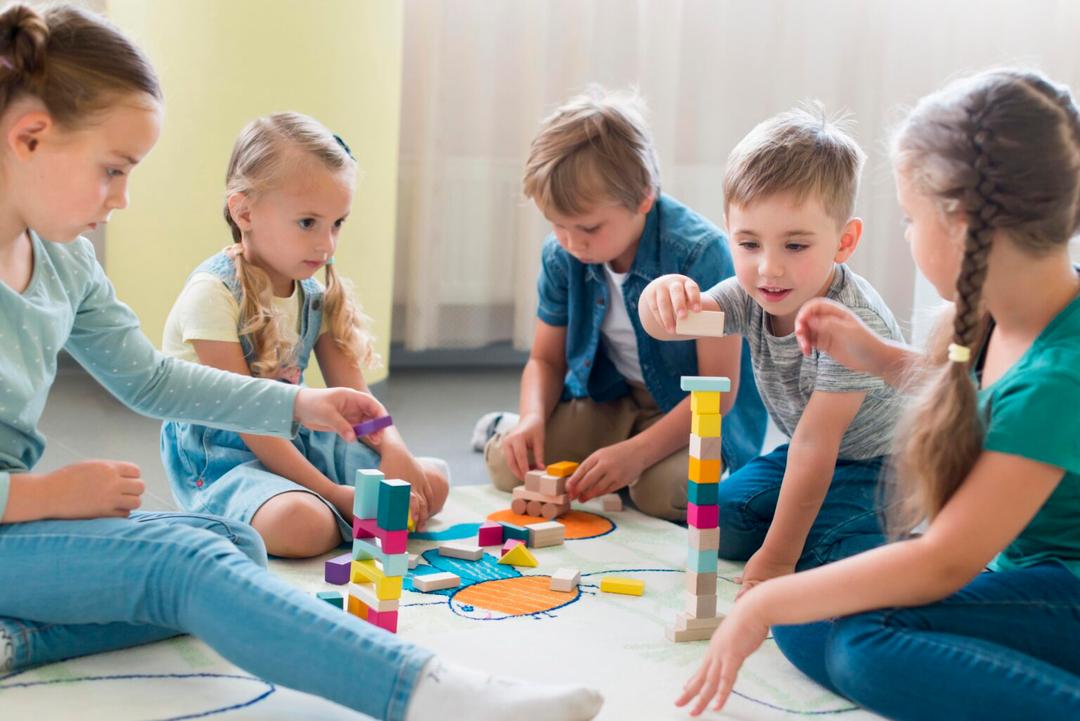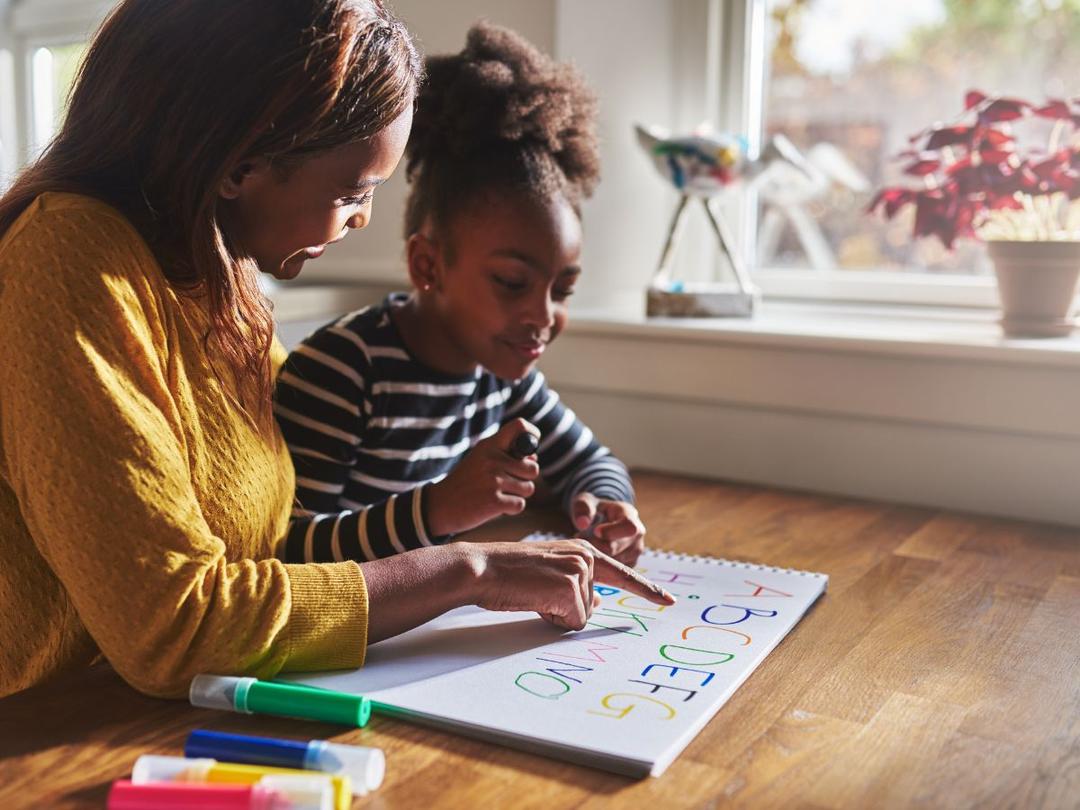Social Skills

Social or Pragmatic Skills
Social pragmatic language is the language we use when we are in another person’s presence, even if we do not directly interact with them. Social pragmatic language includes verbal and nonverbal communication. Many of these skills come naturally to some people, but not everyone excels with understanding social pragmatic language. A diagnosis of Social Communication Disorder is fairly new because it just recently entered the DSM-V in 2013. Before this point, it was difficult to diagnose social communication disorders in children and adults, and for a lot of people, social communication disorder can be linked with autism. If your child struggles with social communication, they may need pragmatic skills speech therapy to better develop the skills. Here are four ways pragmatic language therapy can improve social pragmatic skills.How does Therapy Help Your Child’s Social/Pragmatic Skills1. It teaches the skills and gives the child an opportunity to practice them.The major benefit of pragmatic language therapy for social pragmatic skills is that it provides the child with an environment to practice these skills with peers in small groups. Connect Teletherapy offers online group pragmatic therapy activities with only two students so that both children can work on their skills.2. It targets all levels of social skills.Social language is complex, and when it comes to communicating and understanding social cues, there are many factors to consider at once. These factors can be the environment, nature of the relationship between individuals, length of time since the individuals last saw each other, and the current behavior of the other individual. Social communication addresses all of these different factors and assists the child with building well-rounded social awareness.3. It offers safe opportunities to role-play through interaction.Building on these social skills takes role-play and consistent practice with peers, strangers, and people of different age groups. Pragmatic skills speech therapy provides a variety of opportunities to practice and assess different social interactions.4. It helps children think about others and recognize intent.Finally and most importantly, pragmatic speech therapy can help children think about others, develop compassion, and acknowledge intent with certain interactions. For some people who have social communication disorder, it can be difficult to assess aspects of verbal communication that are not explicitly stated, for example, indirect use of language, metaphors, and humor. Pragmatic speech therapy equips the child with coping mechanisms, so they can better decipher these more indirect social cues.Social communication disorder has only recently been entered into the DSM-V. Before this point, symptoms of this disorder were inaccurately diagnosed, and people with this disorder were often classified as having a general pervasive developmental disorder or a general communication disorder.Sometimes this disorder overlaps with autism spectrum disorder because both conditions present challenges in verbal and nonverbal communication. However, if someone demonstrates autism spectrum symptoms and social communication disorder symptoms, they will be diagnosed with autism rather than social communication disorder. Despite a formal diagnosis, if you find your child struggling to interact with others, they may be delayed in their social pragmatic skills. The best method to combat this is by pragmatic therapy activities & combining an intellectual understanding of social skills with many opportunities to practice them in a safe and friendly environment.

Tips for Maintaining Social Skills over the Summer
Many children have been limited in social interactions over the last 14 months. If your child has delays in their pragmatic skills, this may have affected them more than others. With school out for the summer, it’s important to maintain their social skills. Here are five tips for maintaining social skills over the summer break.1. Enroll in Summer ActivitiesThe easiest way to keep up with your child’s social skills is to schedule summer activities that involve interacting with other kids. Activities, such as going to the swimming pool, attending a daily summer camp, or joining a sports team, are great ways to give your child a chance to practice talking to others.2. Have Unstructured PlaytimeWhile it’s tempting to schedule every moment of your children’s summer vacation, it’s also important to let them have unstructured playtime. Especially if you have two or more children, they can play independently and practice interacting with each other. They may fight and argue, but as long as no one’s getting hurt, this is okay. If your child is an only child, you can schedule play dates with their close friends or take them to the park.3. Practice Role PlayingRole-playing is a great way to get your child to practice social skills. You can play out real scenarios with your kids using their dolls or action figures. If your child doesn’t enjoy playing with dolls or action figures, you can go fully old-school and play house, classroom, or grocery shopping. Another great role playing tool is using some of the social interaction games on Every Day Speech.4. Teach ThemSome children don’t do well with unregulated practice, meaning you have to teach them yourself. Kids with ADHD and autism can have trouble reading social cues or reacting to boundaries. Maintaining social skills over the summer can be done by practicing scripts for social interactions, modeling healthy social skills, and utilizing teaching moments.5. Understand your Child’s NeedsFinally, it’s important to understand the child’s needs. For example, if they have trouble meeting friends, it would be important to work on friendship interactions. If they are a shy child, enrolling them in a summer camp with a large group of people may not be beneficial for them. If your child has weak social skills, they may be best paired up with a child with better social skills and lots of patience.When working on your child, it’s important to avoid intervening when unnecessary. It can be hard to watch your child struggle, but preventing them from conflict will not help them further develop their social skills.In conjunction with at-home techniques, you can work with a speech therapist. A speech therapist can help your child further develop their social skills in a safe setting with experienced instructors. Even if you live remotely, organizations like Connect Teletherapy help give access to quality therapy regardless of your location. Contact us for more information for your child or school.

How to Foster Social Skills in Children
Developing social skills is essential for children to navigate the world around them, build relationships, and develop emotional intelligence. For children who may be receiving speech or occupational therapy, fostering these skills can be particularly crucial. This guide offers practical strategies for parents to help their children improve social skills in everyday life.Understanding Social SkillsSocial skills encompass a range of abilities that allow individuals to interact effectively with others. These include communication, empathy, cooperation, and problem-solving. Developing these skills is a gradual process, and children may need varying levels of support depending on their unique challenges.Why Social Skills MatterSocial skills are fundamental to a child’s overall development. They contribute to:Emotional well-being: Children with strong social skills are better equipped to handle stress and develop resilience.Academic success: Positive interactions with peers and teachers can enhance a child’s learning experience.Future relationships: Building strong social foundations helps in forming healthy relationships throughout life.Creating a Supportive EnvironmentModeling Positive BehaviorChildren learn by observing. Demonstrate positive interactions, such as sharing, listening, and expressing empathy. For example, you can model how to resolve conflicts calmly or show how to comfort someone in distress.Encouraging Open CommunicationCreate a safe space where your child feels comfortable expressing their thoughts and feelings. Regular family discussions or one-on-one talks can help them practice expressing themselves and listening to others.Providing Consistent RoutinesStructure helps children feel secure and understand expectations, reducing anxiety in social situations. For instance, establish daily routines that include playtime, family meals, and opportunities for interaction with peers.Strategies to Foster Social SkillsRole-Playing ScenariosRole-playing is a fun and effective way to practice social scenarios.Choose a scenario: Select common social situations, such as introducing oneself, sharing toys, or asking for help.Act it out: Take turns playing different roles, guiding your child through appropriate responses and actions.Reflect on the experience: Discuss what went well and what could be improved, reinforcing positive behaviors.Playdates and Group ActivitiesOrganizing playdates and group activities allows children to practice social skills in a natural setting.Start small: Begin with one-on-one playdates before gradually introducing group activities.Provide support: Stay nearby to offer guidance if needed, but encourage your child to navigate interactions independently.Debrief afterwards: Talk about the playdate, highlighting positive interactions and discussing any challenges.Teaching EmpathyEmpathy is a cornerstone of social skills. Help your child understand and relate to others’ feelings.Use stories and books: Reading stories that focus on emotions can help children identify and discuss different feelings.Discuss real-life situations: Talk about how others might feel in various scenarios, encouraging your child to put themselves in someone else’s shoes.Model empathetic behavior: Show empathy in your interactions, whether it’s comforting a friend or helping someone in need.Encouraging Communication SkillsEye Contact and Active ListeningEffective communication is a key component of social skills.Practice at home: Encourage your child to make eye contact during conversations. Use gentle reminders and praise when they do so.Play listening games: Activities like “Simon Says” can help children practice following directions and paying attention.Discuss listening’s importance: Explain how listening shows respect and helps in understanding others better.Using Visual AidsVisual aids can support children in understanding social cues and expectations.Social stories: Create stories that outline specific social situations and appropriate responses. These can be tailored to your child’s needs.Visual schedules: Use charts or boards to outline daily routines, helping children anticipate and prepare for social interactions.Emotion charts: Display charts that depict various emotions, helping children recognize and articulate their feelings.Positive ReinforcementPraising Specific BehaviorsHighlight specific actions rather than offering general praise. For example, say, “I noticed you shared your toy today. That was very kind.”Reward SystemsFor younger children, simple reward systems can motivate them to practice and improve their social skills. Small stickers or tokens can serve as incentives.Celebrating ProgressRecognize and celebrate even small improvements to build confidence and motivation. For instance, a small family celebration can be a way to acknowledge milestones.Collaborating with ProfessionalsRegular Communication with TherapistsFor children receiving speech or occupational therapy, maintain open communication with their therapists. Share updates on your child’s progress and seek advice on strategies to implement at home.Aligning Home Activities with Therapy GoalsWork with therapists to align home activities with therapy objectives. Reinforce the skills being developed during sessions by incorporating them into daily life.Attending Parent WorkshopsMany therapists offer parent training sessions. Attending these workshops can provide you with additional tools and techniques to support your child’s social skills development.Overcoming ChallengesPatience and PersistenceProgress in social skills development can be slow, and setbacks are normal. Focus on consistency and celebrate small victories.Seeking SupportJoin parent support groups or online forums to connect with others who share similar experiences. These networks can offer valuable advice and encouragement.Focusing on StrengthsEvery child has unique strengths. Identify what your child excels at and use those strengths as a foundation for building social skills.ConclusionFostering social skills in children is a rewarding journey that requires patience, consistency, and a supportive environment. By implementing these strategies and working closely with professionals, parents can help their children develop the social skills needed for a happy and successful life. Remember, every child is different, and it’s important to tailor your approach to meet their individual needs.Stay connected with us on Instagram and Facebook for more tips, updates, and exclusive content. Sign up for our newsletter to receive the latest news and special offers. If you’re ready to take the next step, we’re here to support you and your child from the comfort of your home. Contact us today to learn more about our services!

Strategies for Improving Speech at Home
Helping your child improve their speech at home is a valuable way to reinforce language skills in a comfortable and familiar setting. Whether your child is working with a speech therapist or just needs extra support, incorporating structured and engaging activities into your daily routine can make a significant difference.Creating a Language-Rich EnvironmentOne of the most effective ways to support speech development is by surrounding your child with rich language experiences. Talk to your child throughout the day, describing activities, objects, and emotions. Engage in meaningful conversations and ask open-ended questions that encourage longer responses. Reading together daily is also crucial—choose books with repetitive phrases, engaging pictures, and topics of interest to your child.Encouraging Clear CommunicationWhen speaking with your child, model proper pronunciation and sentence structure. If they mispronounce a word, repeat it back correctly rather than directly correcting them, allowing them to hear the correct version in a natural way. Give them ample time to respond in conversations without rushing or finishing sentences for them, fostering confidence in their ability to communicate.Fun and Engaging Speech ActivitiesUsing games and interactive exercises can make speech practice enjoyable and effective. Try incorporating activities like:Simon Says: Helps with following directions and articulation.I Spy: Encourages vocabulary building and sentence formation.Storytelling Games: Have your child describe pictures, retell familiar stories, or make up their own.Singing Songs and Nursery Rhymes: Helps with rhythm, intonation, and memory.Using Everyday Moments for PracticeSpeech development doesn’t have to be limited to designated practice times. Everyday moments, such as meal preparation, grocery shopping, and bedtime routines, provide natural opportunities for conversation and vocabulary growth. Encourage your child to describe what they see, explain their actions, or ask questions about their surroundings.Patience and Positive ReinforcementEvery child progresses at their own pace, so it’s essential to be patient and celebrate small victories. Praise their efforts rather than focusing solely on correctness. If they struggle with specific sounds or words, keep practice sessions short and pressure-free, ensuring speech activities remain a positive experience.By creating an encouraging environment, engaging in purposeful conversations, and incorporating fun activities, parents can play a significant role in their child’s speech development at home. Consistency and positivity will help build confidence and communication skills over time.Stay connected with us on Instagram and Facebook for more tips, updates, and exclusive content. Sign up for our newsletter to receive the latest news and special offers. If you’re ready to take the next step, we’re here to support you and your child from the comfort of your home. Contact us today to learn more about our services!
